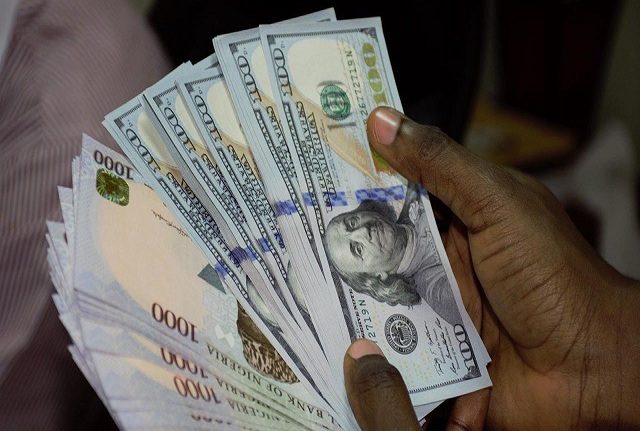Nigeria’s foreign exchange (FX) reserves decreased by USD301.32 million week-on-week to USD36.53 billion as of August 15, 2024. This decline follows the Central Bank of Nigeria’s (CBN) intervention through last week’s Retail Dutch Auction System (RDAS). The CBN’s actions are part of ongoing efforts to manage the country’s foreign exchange market and maintain stability amidst fluctuating economic conditions.
In the Nigerian Autonomous Foreign Exchange Market (NAFEM), the naira experienced a depreciation of 0.4% week-on-week, settling at NGN1,579.89/USD. This depreciation occurred against the backdrop of a reduced total turnover, which fell by 11.8% week-to-date to USD756.54 million. Trading in the market was conducted within the NGN1,495.00/USD to NGN1,607.50/USD range, indicating some level of volatility within this period.
In the forwards market, naira rates showed mixed movements. The 1-month contract rate increased by 0.5% to NGN1,614.75/USD, and the 6-month contract rose by 1.1% to NGN1,754.29/USD. However, the 3-month contract rate decreased slightly by 0.2% to NGN1,687.74/USD, and the 1-year contract saw a more significant decrease of 2.3% to NGN2,004.63/USD.
Despite tightening FX liquidity during the week, the naira traded with less volatility, largely due to reduced demand pressure following the CBN’s FX retail auction. However, the outlook remains challenging, with the naira expected to face continued pressure in the short term due to limited inflows from the CBN and weak foreign portfolio investment (FPI) flows.
Looking ahead, there is cautious optimism as the Debt Management Office (DMO) is set to issue a Domestic Federal Government of Nigeria (FGN) US Dollar Bond on August 19, 2024, with an offer of USD500.00 million. If the bond issuance is successful, it is expected to bolster Nigeria’s external reserves, thereby enhancing the CBN’s capacity to stabilize the naira in the medium term.















